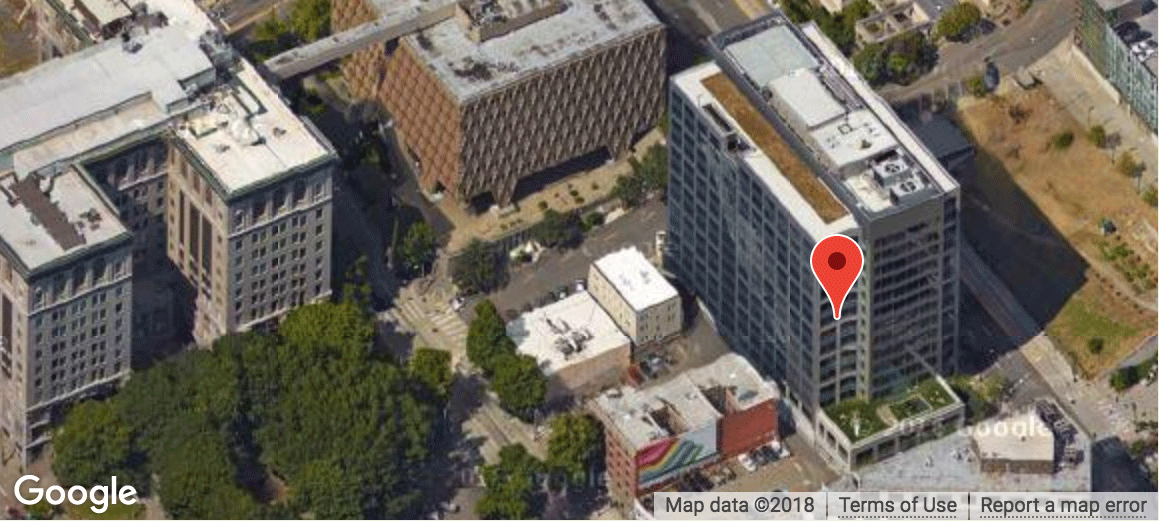Another Senate health care bill, another potential step backwards for local health care
Summary
The latest health-care bill being debated in the U.S. Senate would potentially threaten access to health-care for up to a half-million King County residents – a quarter of all people living in the county. Even in a best case scenario, thousands of local residents would lose their insurance coverage.
Story
Analysts with Public Health – Seattle & King County reviewed available details of the Graham-Cassidy bill and determined potential impacts on King County residents.
The bill would repeal the health insurance exchanges, repeal the expansion of Medicaid to cover lower-income and homeless adults, and undermine the traditional Medicaid program which has served as a safety net for 50 years.
“This is becoming like Groundhog Day. Instead of strengthening the health care system, Graham-Cassidy would set us back decades and leave people sicker and poorer,” said King County Executive Dow Constantine. “In King County, we reduced the uninsured rate by 60 percent. Congress needs to build on this success with legislation that actually delivers on bipartisan promises to improve access to health care.”
The bill’s supporters say it gives states more flexibility to address the needs of their residents, but it actually reduces funding to states and eliminates coverage—meaning less health care access nationwide.
In addition, the current proposal punishes the people of Washington who signed up for insurance in record numbers. It would take away funding from our state to send additional money to states who did not offer coverage to their residents.
The King County Health Enrollment Leadership Circle today issued a letter urging Senators to reject Graham-Cassidy because of the harm it would do to local residents and the economy. The Leadership Circle joins other medical, business, labor and patient advocacy groups that have condemned the proposal.
According to the review by Public Health, by turning all of the health insurance exchanges and Medicaid into a block-grant program, including traditional Medicaid as it’s existed since 1965, while capping spending and shifting funds to other states:
• A half-million King County residents currently on Medicaid or Exchange plans would face uncertainty and the threat of lost coverage, including 150,000 people who enrolled in health care through Medicaid expansion.
• 12,000 King County residents who depend on Medicaid for mental health or substance abuse treatment would likely lose their access to care—meaning the opioid and homelessness epidemics will worsen, as access to treatment disappears.
• All residents who have a pre-existing condition, such as asthma, diabetes, multiple sclerosis, cancer or heart disease, would lose the certainty that they can get affordable insurance.
• 26,000 low-income women in King County would lose basic health care access by the de-funding of Planned Parenthood.
• All women in King County, regardless of income level, could lose affordable access to basic women’s health care including birth control, breast cancer and cervical cancer screening.
The impacts would extend to health care clinics and hospitals, as medical providers would lose reimbursement for treating lower income clients.
Continued uncertainty around health care reform has already contributed to increased insurance premiums.
Public Health earlier this year issued a four-point measuring gauge for all health-care reform proposals. The current proposal falls short in all four areas.
Relevant links
- King County Health Enrollment Leadership Circle letter
- Public Health map of ACA enrollment in King County
Quotes
This is becoming like Groundhog Day. Instead of strengthening the health care system, Graham-Cassidy would set us back decades and leave people sicker and poorer. In King County, we reduced the uninsured rate by 60 percent. Congress needs to build on this success with legislation that actually delivers on bipartisan promises to improve access to health care.
For more information, contact:
Alex Fryer, Executive Office, 206-477-7966

 Translate
Translate

